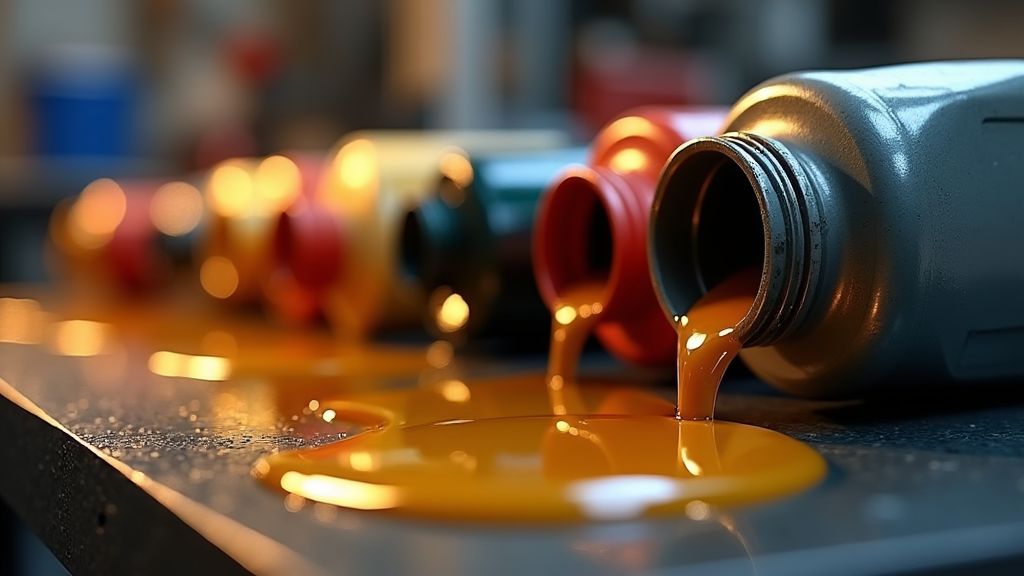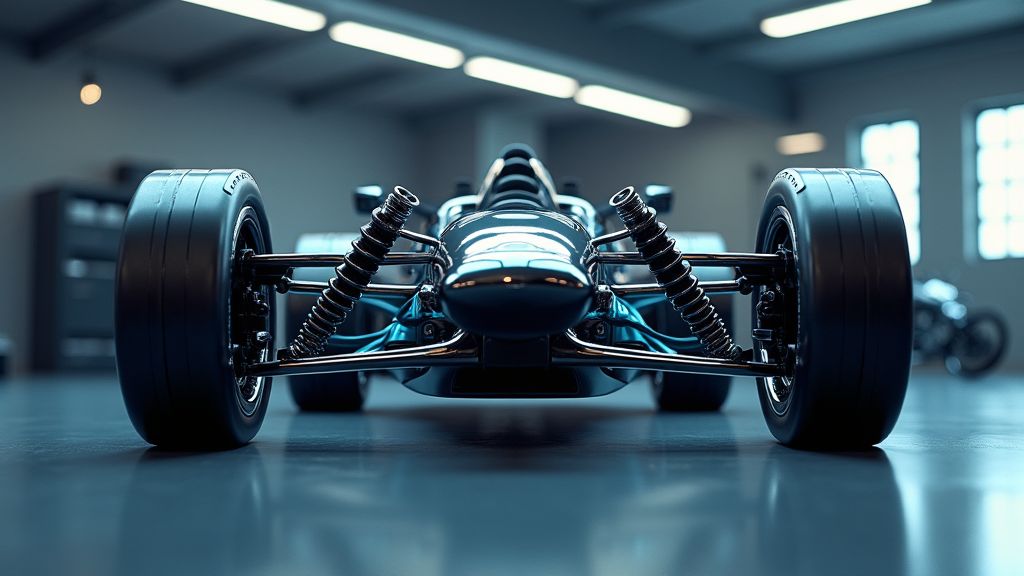Preventive Maintenance Tips to Extend Your Car’s Lifespan
Imagine driving down the highway in your shiny new car, the wind in your hair and the sun on your face. But as time goes by, your once-pristine vehicle starts to show signs of wear and tear. You begin to notice strange noises, strange smells, and strange vibrations that weren’t there before. What can you do to keep your car running smoothly and extend its lifespan? The answer lies in preventive maintenance.
Regular Oil Changes
One of the most crucial aspects of preventive maintenance is regular oil changes. Oil is the lifeblood of your car’s engine, lubricating its moving parts and preventing overheating. Over time, oil breaks down and becomes less effective, leading to increased wear and tear on the engine. By changing your oil according to the manufacturer’s recommendations, you can help ensure that your engine stays in top condition for years to come.
Check Your Tires
Your tires are the only thing between your car and the road, making them a vital component of vehicle safety. Regularly checking your tire pressure, tread depth, and overall condition can help prevent blowouts and ensure optimal performance. Underinflated tires can decrease fuel efficiency and increase the risk of accidents, while overinflated tires can lead to poor handling and premature wear. Be sure to rotate your tires regularly to promote even wear and extend their lifespan.
Brake Inspections
Brakes are one of the most critical safety features on your car, so it’s essential to have them inspected regularly. Worn brake pads, leaking brake fluid, or warped rotors can all compromise your ability to stop safely in an emergency. By having your brakes checked by a qualified technician, you can catch potential issues early and avoid costly repairs down the line. Remember, it’s not just about stopping power – it’s about protecting yourself and others on the road.
Fluid Checks
In addition to oil changes, your car relies on a variety of fluids to operate smoothly. Coolant, transmission fluid, brake fluid, and power steering fluid all play a crucial role in keeping your vehicle running efficiently. Regularly checking these fluids and topping them off as needed can prevent overheating, transmission slippage, brake failure, and steering issues. Be sure to follow the manufacturer’s guidelines for fluid types and replacement intervals to maintain optimal performance.













